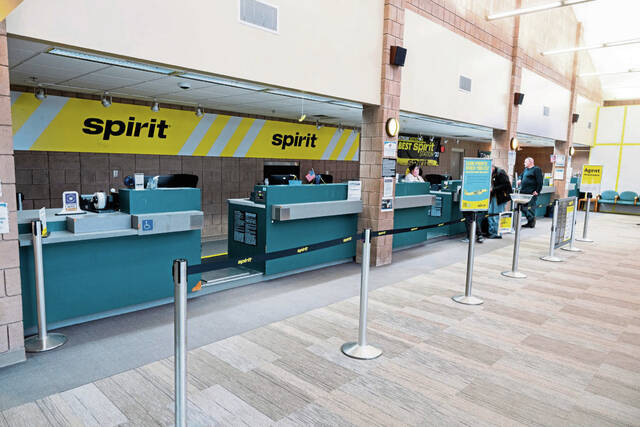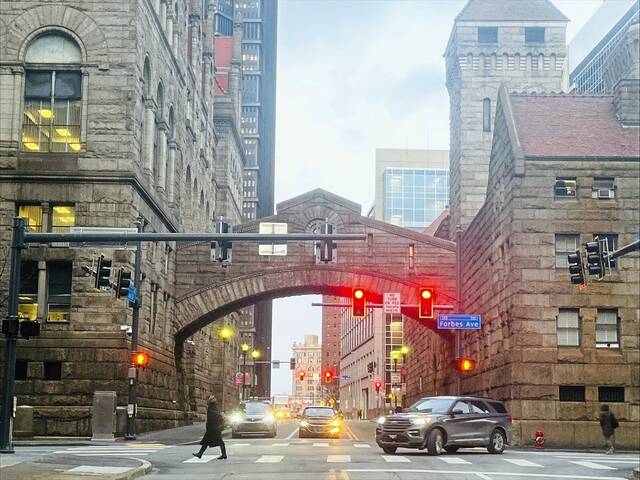Sometimes if you just wait, a situation will change.
Maybe the forest fire will burn itself out. Maybe the floodwaters will recede. Maybe the storm promised by the weatherman will veer off and unleash its fury elsewhere.
That can happen. It does happen. But it doesn’t always happen.
That’s part of why we have insurance. We need to protect ourselves from a raging fire or rising water or from the roof being ripped off by wind.
And it’s why we rely on health insurance to allow us to seek medical care for something as catastrophic as a car crash or as disabling as diabetes — or the simple bodily maintenance of an annual physical.
In September, TribLive reported the Pennsylvania Affordable Care Act health insurance exchange — the marketplace known as Pennie — was anticipating higher-than-normal increases in premiums. This is due in large part to the expiration of ACA subsidies.
Last month, Pennie officials were predicting those premiums could increase by as much as 300%, with an average of about 82%.
New reports put the numbers higher, with a state average up 102%.
It is important to note that averages are, by nature, not uniform. In Allegheny County, for instance, the average increase will be about 75%. In Westmoreland County, it would be 46%. That’s a huge difference from the massive spike for Juniata County, the highest in Pennsylvania at 485%.
While Southwestern Pennsylvania’s numbers might feel better in comparison to worst-case scenarios, they are not good.
Across the seven-county region, they reflect bills that will go up by an average of $90 a month in Fayette County to $146 a month in Armstrong County. Westmoreland users will come in around $95 higher, while Pennie’s Allegheny customers will pay an average of $125 more a month.
Those increases are not just a nudge up. They aren’t an annoying service charge. That’s a couple of tanks of gas or a week or two of groceries — more for someone who is really pinching pennies. It’s the difference between a house being warm enough or a little too cold.
For those who have the health insurance because of medical need, it might be the difference between getting needed prescriptions or trying to wait until next month. But the problem with premiums increasing is that next month will cost another extra hundred dollars or so. You can’t turn down the premium like a thermostat.
Congress should be talking about this, but the federal government shutdown stands in the way, forcing people to wait and see if the situation changes.
It did change. In a month’s time, it got 20% worse for Pennsylvanians who now have less than two weeks until Pennie’s annual open enrollment period begins.








